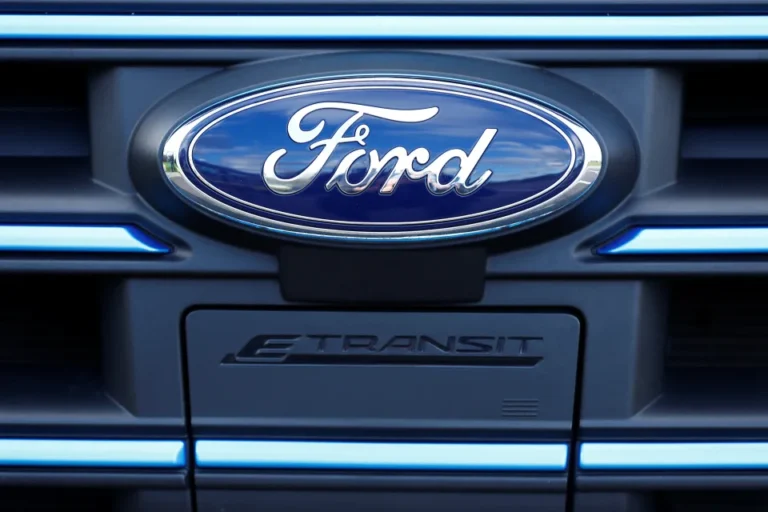Also, the carmaker is delaying the release of a next-generation electric truck until the year 2027.
An electric three-row SUV that Ford had planned to develop has been scrapped as part of the company’s reevaluation of its electric vehicle strategy [PDF]. At the beginning of this year, it was announced that the automobile would be delayed by two years, until the year 2027; nevertheless, the automaker has chosen to completely abandon that model. With its next three-row SUVs, the company is shifting its focus to hybrid technology. It is anticipated by Ford that the decision will result in exceptional charges and expenses amounting to up to $1.9 billion.
At the same time, Ford has decided to postpone the launch of a next-generation electric truck from the year 2026 until the second half of the year 2027. As a result of the lessons that the business has learned from the F-150 Lightning, this model will incorporate “features and experiences that have never been seen on any Ford truck.” Among them will be enhancements to the vehicle’s aerodynamics as well as an enhanced capability for charging in both directions. Ford claims that delaying the release of the electric truck will allow the company to take advantage of cheaper battery technology as well as other cost-saving measures. An assembly plant in Tennessee will be responsible for the production of this model, which had been postponed until 2025.
Ford also intends to launch a medium-sized electric pickup in the year 2027. This will be the first production vehicle that is built on a platform that was designed by a skunkworks team and is supposed to be more affordable. Ford anticipates that the electric vehicle platform will assist them in producing a number of models that are lucrative, as reported by The Wall Street Journal. It is possible that this will assist it in competing with Chinese manufacturers of electric vehicles, which, according to Ford CEO Jim Farley, benefit from a supply network that is less expensive. Having said that, the United States has put a tariff of one hundred percent on electric vehicles that are imported from China. According to the White House, this “will protect American manufacturers.”
Additionally, Ford intends to begin manufacturing a new electric commercial van in the state of Ohio in the year 2026. In the latter half of the year 2025, a facility in Tennessee will begin producing cells for the van as well as the next-generation electric pickup.
Ford has made this change in strategy in an effort to reduce losses on its existing electric models while also ensuring that the electric vehicles it will produce in the future will generate a profit. Due to demand that is lower than anticipated, the electric vehicle division is on course to incur a loss of $5 billion this year, which is an increase from the $4.7 billion loss it incurred in 2023. Additionally, Ford is reducing its capital expenditures on electric vehicles from forty percent of its budget to thirty percent.

